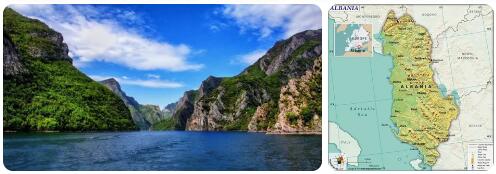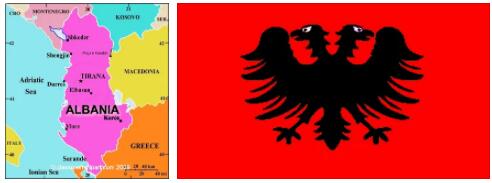Facts about Albania
Albania, officially known as the Republic of Albania, is a country located in Southeastern Europe on the Balkan Peninsula. With a rich history, diverse culture, and stunning natural landscapes, Albania is a country that has much to offer. 1. Geography: According to itypetravel, Albania is bordered by Montenegro to the northwest, Kosovo to the north, […]
Continue Reading
